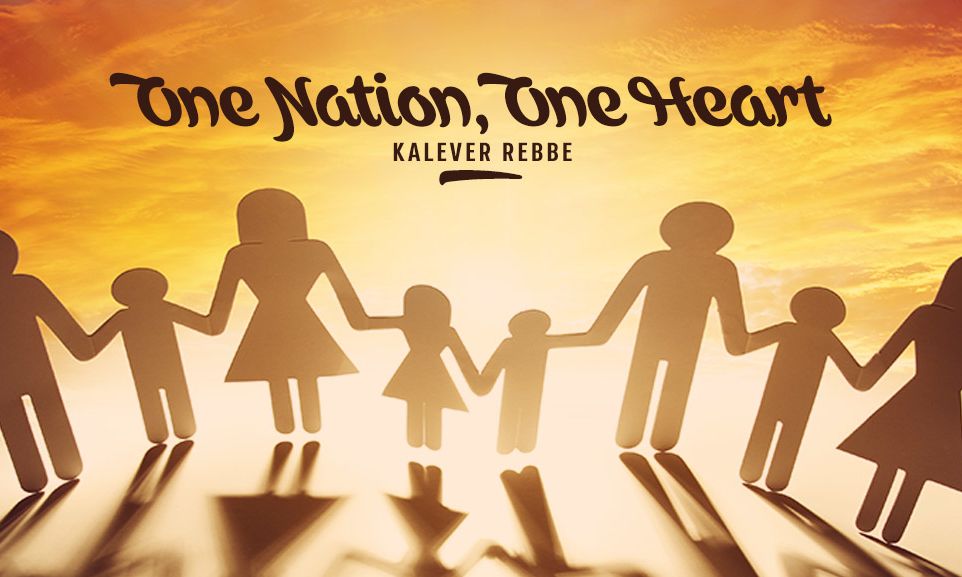
One Nation – One Heart
At the Pesach Seder we ask the famous question, "Why is this night different than all other nights?" The Toldot Yaakov Yoseif (Parshat Tzav, 2) explains that the word "night" here is referring to the darkness of exile. Why is this exile longer and more bitter than all the rest? The answer might surprise you...

“The entire community approached and stood before the Lord. And Moses said, “This is the thing the Lord has commanded; do [it], and the glory of the Lord will appear to you.” (Vayikra 9:5-6)
World Peace
As Nissan began in 1955, there was tremendous unrest in the American Jewish community as the likelihood of a war between in the Israelis and Arab nations seemed more likely.
During this time, I received a letter from R’ Moshe Seinhert who was learning in the Belzer Yeshiva in Eretz Yisroel. He related to me a sensitive conversation that was taking place between the gedolei Yisroel, the great Torah leaders, discussing whether or not the Jews have an obligation and should be praying for a peace-deal between the nations.
The Gerer Rebbe, the Beis Yisroel, went then to visit R’ Aharon of Belz. While together, the Belzer Rebbe asked if the Beis Yisroel had heard any news regarding the efforts of England and America to prevent the pending war. The Beis Yisroel replied, ” The pasuk in Mishlei teaches us, ‘Even the kindness of the nations is sin’ (14:34); every benevolent act is done with a measure of selfishness, it is self-serving. It would be better if the Jews and Israel did not need to depend on the kindness of the nations to reach a peace settlement.”
The Belzer Rebbe answered: “My father, the Rebbe, taught us that Mashiach will come only when there is peace and tranquility throughout the world. This is why, I believe, we need to daven for peace in the world, for peace among the nations of the world, since that peace will create an environment that is a prerequisite for Mashiach and the final redemption. The sooner there is peace in the world, the sooner Mashiach will come.”
This was the foundational belief among the great tzadikim and Jewish leaders over the last few centuries. Tzaddikim like the Baal Shem Tov and the Noam Elimelech whose teachings emphasized that Mashiach would come during times of peace, and not war and hardships.
Peace Through Torah
There is something each yid can do to help bring peace among the nations: bring more unity and peace within the Jewish communities. In particular, peace among Torah-observant Jews has a powerful and potent impact on peace in the world, as the sages teach us (Avot D’Reb Noson) that wise Torah scholars add an abundance of peace into the world.
Through the power of learning Torah, a yid can eradicate from his personality the evil and destructive character flaws of jealousy, hatred, and arrogance – the traits that are the root cause of every argument and war. We can cleanse our character and connect to peace, unity, and tranquility. Your Torah learning and tikkun hamidot, refining your character traits, also has an impact on the atmosphere, literally purifying the air and enabling the nations of the world to connect more easily to peace as well.
As Chazal taught us (Brachot 16b), that Rav Safra would pray for two things simultaneously everyday: one, that there should be peace among Torah scholars and, secondly, that there should be peace in the world between nations.”
These ideas are dependent upon one another.
Redemption Through Peace
The abundance of peace in the world is not only a prerequisite to Mashiach arriving, but the increase in peace hastens his arrival.
The pasuk in Bereishit (49:1) says, “Yaakov called for his sons and said, “Gather and I will tell you what will happen to you at the end of days.” The Midrash explains, that Yaakov was teaching his children that in the “end of days”, at the end of the exile, they would need to strengthen their sense of “gathering”, of coming together in peace and tranquility, to vanquish all arguments and spite. And, in doing so they will merit in a speedy redemption.
Why Is This Night Different?
Many of the great tzadikim in the previous generations have taught that Mashiach is ready to come. However, the strife amongst the Jews have kept him lingering; the lack of true peace and unity have prevented Mashiach from arriving.
At the Pesach Seder we ask the famous question, “Why is this night different than all other nights?” The Toldot Yaakov Yoseif (Parshat Tzav, 2) explains that the word “night” here is referring to the darkness of exile. Why is this exile longer and more bitter than all the rest? The author of the Haggadah answers, “On this night we only eat matzah.” We find that the root for the word matzah can also be used to denote an argument (like the pasuk in Shemot (21:22), “And should men quarrel…”). The reason why this night, this exile is so long and bitter is because of the lack of peace, the lack of the unity, and the presence of arguments and division.
Unity Will Bring Mashiach
The Vishnitzer Rebbe, the Ahavat Yisroel, once hugged a stranger with a warm and enthusiastic embrace as if they were good friends. One of his chassidim asked him why he hugged the person with such warmth, to which the Rebbe answered: “The Holy Temple was destroyed because of baseless hatred, and it can only be rebuilt with baseless love for one another”.
The holy Noam Elimelech taught, that Mashiach will only arrive when the Jews are inspired to break down the walls of division and to build bridges of understand, peace and unity. He said’ that this is hinted in the pasuk in Yeshayahu, which says, “How beautiful are the feet of the herald on the mountains, announcing peace, heralding good tidings, announcing salvation, saying to Zion, “Your God has manifested His kingdom.” First, there needs to be “peace” and then the “salvation” and redemption will come.
Commanded to Do
This concept is alluded to in our pasuk. First, “the entire community approached and stood before the Lord”. They came together and stood in unity and respect for one another. Moshe then told them, “This is the thing the Lord has commanded.” This achdut, this unity, that Hashem is commanding of you, you will “do” at the end of the galut, the exile. Through that, you will merit to see, “and the glory of the Lord will appear to you” – With the coming of Mashiach speedily in our days. Amen.


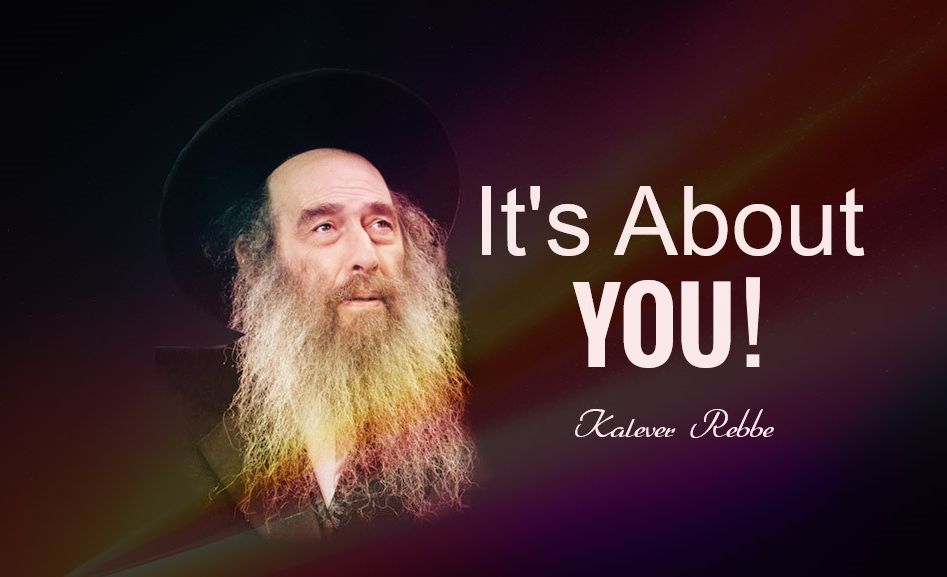

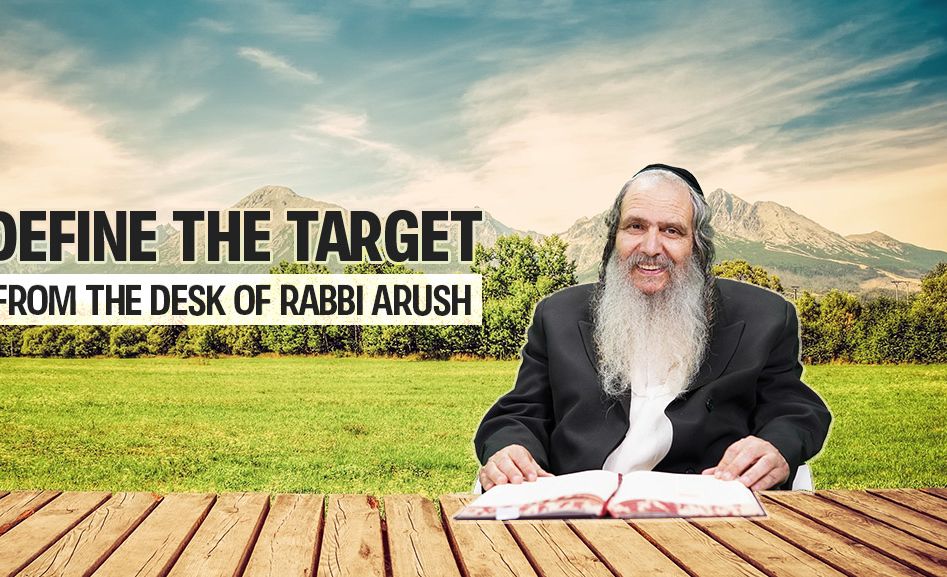
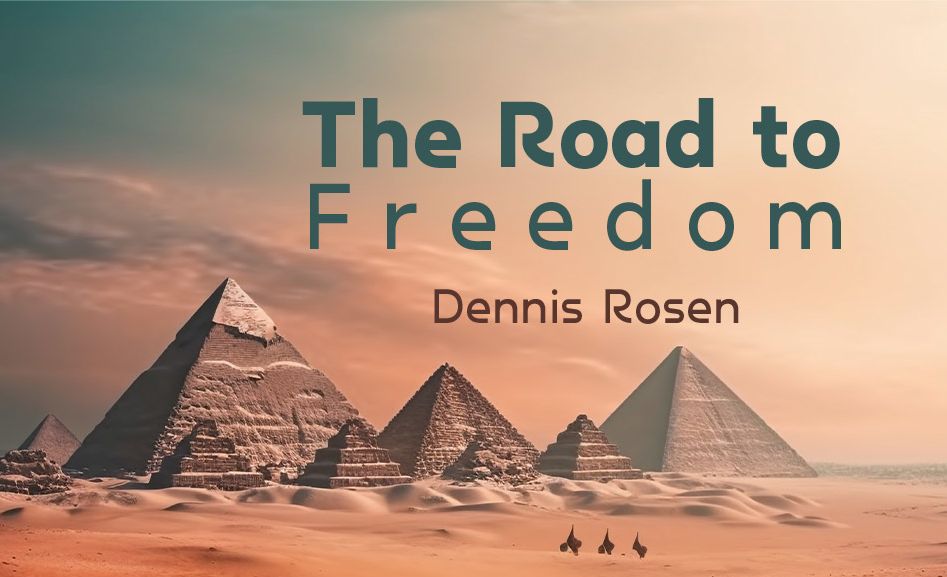
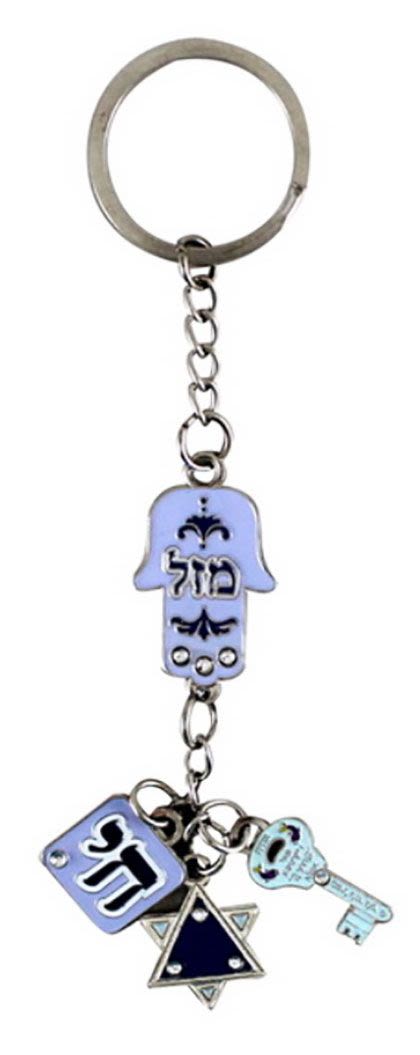
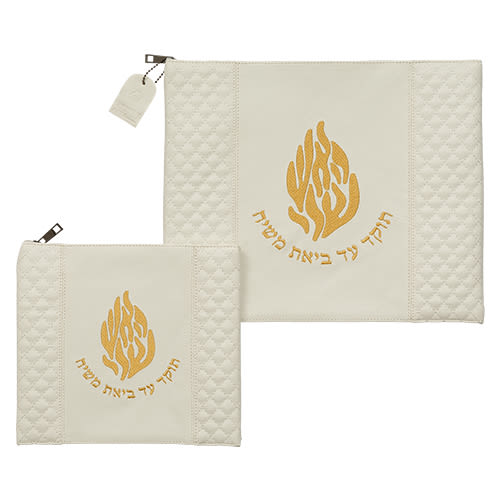

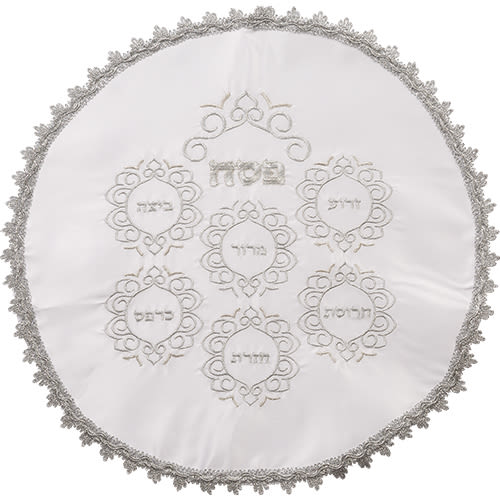
Tell us what you think!
Thank you for your comment!
It will be published after approval by the Editor.